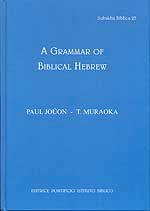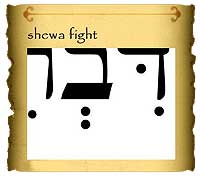 There has been a lot of mention of the passing of the New Testament textual giant, Bruce Metzger, among the biblioblogs, and it was great to see the latest Biblical Studies Carnival dedicated to his memory.
There has been a lot of mention of the passing of the New Testament textual giant, Bruce Metzger, among the biblioblogs, and it was great to see the latest Biblical Studies Carnival dedicated to his memory.
Another biblical scholar also passed away this month, J. Alan Groves. His death was mentioned by some bloggers and I was meaning to post on it, but I ended up getting sick. I would like to now honour his memory.
I didn’t really know Alan Groves. We met at SBL once or twice and exchanged a few emails occasionally, but that was the extent of our relationship. I doubt if he even remembered meeting me. That being said, his pioneering work on the electronic Westminster Leningrad Codex and the Groves-Wheeler Westminster Hebrew Morphology has touched my life enormously. A day rarely goes by when I do not look up something in the Hebrew Bible on my computer, perform a morphological or syntactical search of a Hebrew construction, or cut and paste a verse of the Hebrew Bible when making up a test for one of my Hebrew classes. These electronic texts are used by virtually all biblical studies software programs, including Accordance, Logos, BibleWorks, Gramcord, among others. Last December, the Board and Faculty of Westminster Theological Seminary appropriately renamed the Westminster Hebrew Institute the J. Alan Groves Center for Advanced Biblical Research.
Alan and his family kept a blog that narrates his year-long struggle with cancer. It contains many moving posts; I encourage you to peruse it. His obituary is available here, while a more academic obituary may be found here.
lan Groves was a true servant of God who did a lot of his work behind the scenes.
May his memory be for a blessing.

 On related note, I just received my copy of the new edition of Paul Joüon and Takamitsu Muraoka, A Grammar of Biblical Hebrew (Revised English edition; 1 vol.; Subsidia Biblica 27; Pontifical Institute, 2006; Buy from
On related note, I just received my copy of the new edition of Paul Joüon and Takamitsu Muraoka, A Grammar of Biblical Hebrew (Revised English edition; 1 vol.; Subsidia Biblica 27; Pontifical Institute, 2006; Buy from 